Since early in 2020, we have been closely monitoring the COVID-19 global pandemic and its developments. As we consider the next steps in the return to travel, the health and safety of our travelers and our local communities remain central to our planning.
As our projects look to us for help in continuing their important and, for many, essential work in this challenging time, we can only do this if we can find ways to overcome the risks associated with travel in the COVID-19 reality. As a result, we are adapting our programs and protocols to protect all of those involved, and asking for the collaboration of our local teams on the ground and participants to navigate these new demands.
As we reopen locations, we are incorporating advice from local governments and local and international professional bodies to ensure the best possible safety for all involved.
As border restrictions evolve and countries start to open, we are staying informed of any changes to entry requirements, which will inform our initial plans for reopening locations.
As we make the decisions to reopen projects, new standards of sanitation procedures and social behaviors will be established with local teams and implemented for all participants. These include:
Health and Hygiene Protocols
-
- Enhanced deep cleaning and disinfection practices of accommodation locations, including bedrooms, common areas and bathrooms before and after participants arrive and depart
- Sanitization of vehicles after every use, all vehicles to be equipped with hand sanitizer and all drivers to wear a face mask in the vehicle
- Increased frequency of cleaning and disinfection of all areas in use during the program
- Vaccine requirements for all participants
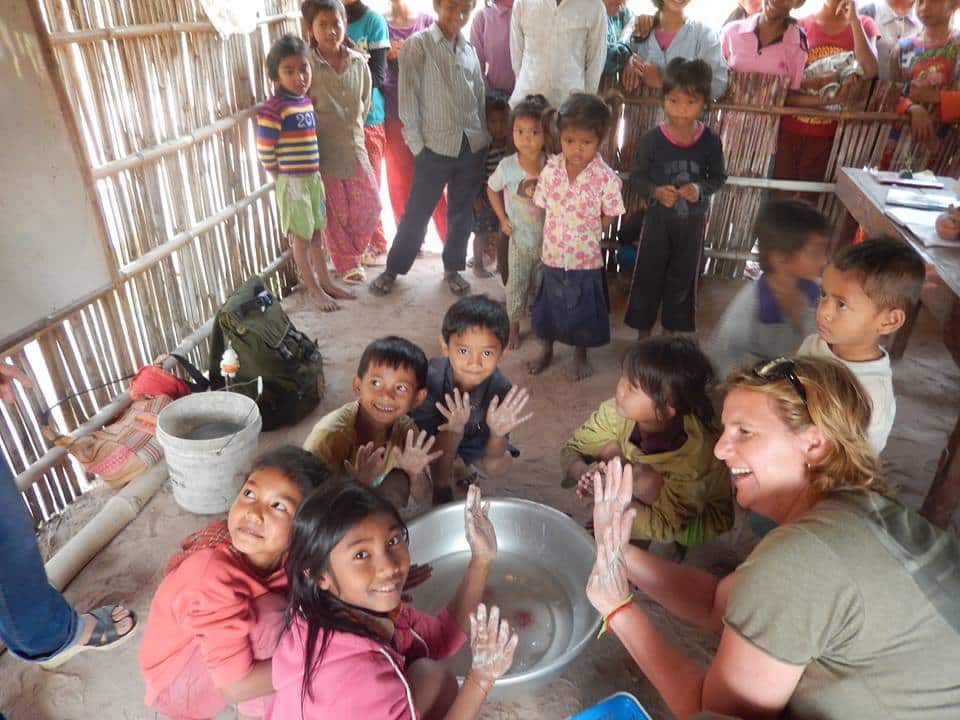
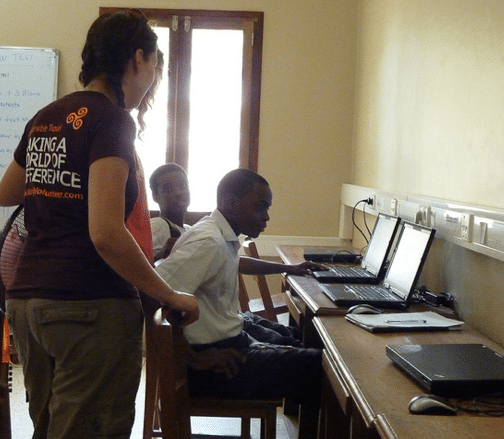
Staff Training and Preparedness
-
- Training of local staff on sanitization protocols, enhanced hygiene and meal preparation
- Staff trained to act in case of suspected cases with specific COVID-19 emergency protocols and procedures to follow
- Mandatory wearing of protective clothing as they perform their duties (including face-masks, gloves, etc)
- Monitoring of staff well-being through daily temperature checks
Social Distancing Practices
-
- Limited community exposure during the first week of the program
- Implementation of social distancing with plexiglass guard screens when possible
- Physical distancing guidance in place for all activities
- Staggered arrival dates to ensure the safety of each group and treat each student cohort as a “bubble”
- Avoidance of public transportation options


Screening and Monitoring of Participants
-
- COVID-19 PCR tests required prior to travel (even for vaccinated people and locations where there is no border requirement)
- Daily temperature checks throughout the length of the program
- In-location health checks and testing if appropriate or required by the local authorities
- Protocols for suspected and identified cases of Covid-19
Risk-Free Booking Policy
-
- If the travel status of your program changes prior to your travel dates, and those are likely to interrupt your travel at the booked program time, we will provide a full refund, less application fee, and bank fees
- Low application fees before you put down a confirmation deposit (GBP £75 / USD $95 to be deducted from your total program fee)
- Cancel for any Reason (CFAR) and Interruption for any Reason (IFAR) insurance will be offered (at additional cost) for those wanting coverage for their program fees in the event that they find themselves in a position where they have to cancel or cut short their program for any reason
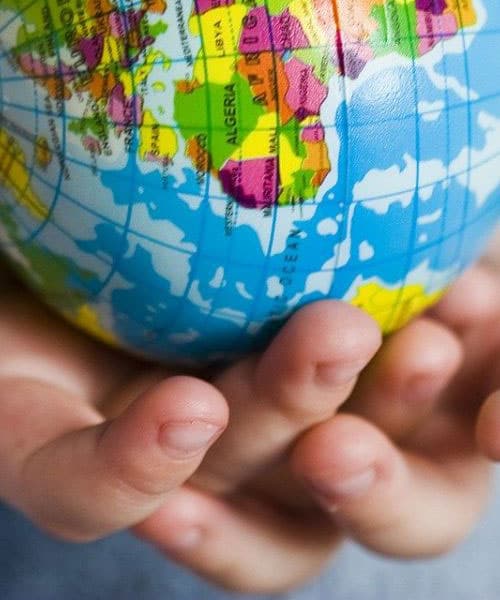

Action Plan for Suspected Cases
-
- Opportunity to move participants to a designated isolation room on the property if visible symptoms are observed or an elevated temperature is recorded
- Suspected cases will be reported to the local Ministry of Health & Wellness which will guide the local teams on how to proceed
Recommendations for a Responsible Return Home
Participants can still spread COVID-19 to family, friends, and their communities when they return home, so we encourage the implementation of the following safety protocols:
- Take a COVID-19 PCR test prior to travel
- Wear a face mask in all indoor settings or in crowded outdoor areas during travel
- Social distance during travel
- Wash hands or use hand sanitizer during travel
- Participants are at risk of spreading COVID-19 for 14 days upon return, so we recommend a period of self-isolation and enhanced hygiene practices
- Upon return, avoid being around people who are at increased risk for severe illness
- Consider taking a COVID-19 PCR test 3-5 days after returning
- Take daily temperature checks
- Have an action plan if you suspect that you may be ill
Participant Responsibilities
In order to ensure the safety of participants, staff and our communities, we will all need to do our part, and participants will all be required to accept additional responsibilities such as:
- Following all rules and procedures at our camp and when out in public
- Practicing good hygiene etiquette by washing of hands, wearing face masks, using hand sanitizer and assisting sanitation efforts by maintaining a tidy environment.
- Paying attention to personal health and speaking up if something doesn’t feel right.
- Being flexible to changes implemented during the program
Together, we can ensure that we travel responsibly and respect the communities that welcome us to their countries.
Our Kaya placement advisors are here to answer any questions you may have as it relates to the new health and hygiene protocols implemented in each project location.
CONTACT US
To get started on your travels, find out more about our Jamaica 2020 community volunteer program now receiving students from September,
FAQs
What steps should I take to ensure my health and well-being?
It is important for you to be considerate of your own health before, during and after travel. As such, we recommend you follow local public health advice at all times and during your travels. Steps you should take including:
- Practice social distancing by avoiding large crowds and keeping a minimum of 2 metres (6 feet) from others.
- Practice good hygiene including washing your hands with soap on a regular basis, especially before eating or drinking, using a common space or coming into contact with commonly used items.
- Avoid touching other people
- Cover any coughs and sneezes and dispose of tissues immediately and appropriately
- Keep your hands away from your face as much as you can.
- Wear a face mask in all indoor settings or in crowded outdoor areas
- Be prepared by bringing your own face masks and hand sanitizers for the duration of your stay abroad
- Eat healthy and exercise to keep your body’s immune system at its optimum
- Use contactless options wherever possible
Is the risk of contracting a virus on a plane higher?
According to the International Air Transport Association, the risk is low as most modern aircraft supply air to the passenger cabin that are either 100% fresh or a mixture of fresh and re-circulated filtered through an HEPA system making it 99.97% clean or better and used in surgical operating rooms. Mask mandates exist for all air travel – we recommend a high-grade mask such as an N95 mask for best protection. Aircrafts are also undergoing additional cleaning between journeys, but you can further ensure your safety by bringing along disinfectant wipes and using these on your armrests, tray tables and entertainment screens when you board your plane
Are there any special entry requirements I should be aware of?
Kaya Placement Advisors and ground teams are kept informed on a daily basis of any new entry requirements specific to COVID-19. They will advise you accordingly so that you are aware of any specific requirements you need to prepare for before and when entering. Please do keep in mind that government regulations are constantly changing, and we ask you to remain flexible as airport measures might be vary from what we are able to communicate with you at the specific time of your travel. Our mandatory vaccine requirement will ensure greater access and fewer restrictions apply to you.
Is the use of pools at the location safe?
Where they are available, on-site swimming pools are treated with appropriate water treatments to kill germs and viruses in the water and surfaces around the pool are regularly sanitised. There has been no evidence that COVID-19 can spread through the use of swimming pools or other recreational water facilities. We recommend you follow social distance and safe swimming practices at all times to protect yourself.
What happens if I get ill on-site?
If you experience any suspected Covid symptoms during your stay, arrangements will be made for private/single rooms for isolation purposes and a doctor arranged to examine you and carry out any tests. In case of a positive Covid test, the necessary local authorities will be appraised of your condition and will advise on next steps of treatments. If you have to isolate in a single room, you will be brought breakfast, lunch and dinner and taken care of to ensure nobody else gets ill.
Will I be able to purchase travel insurance?
We recommend you choose a comprehensive travel health insurance including coverage for costs incurred in case of contracting Covid while abroad. We can provide you details of some recommended insurance companies that can provide this.
We can also offer a Cancel for any Reason (CFAR) and Interruption for any Reason (IFAR) insurance for those wanting coverage for their program fees in the event that they find themselves in a position where they have to cancel or cut short their program for any reason.
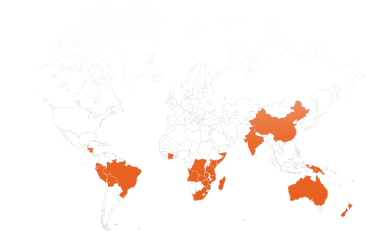
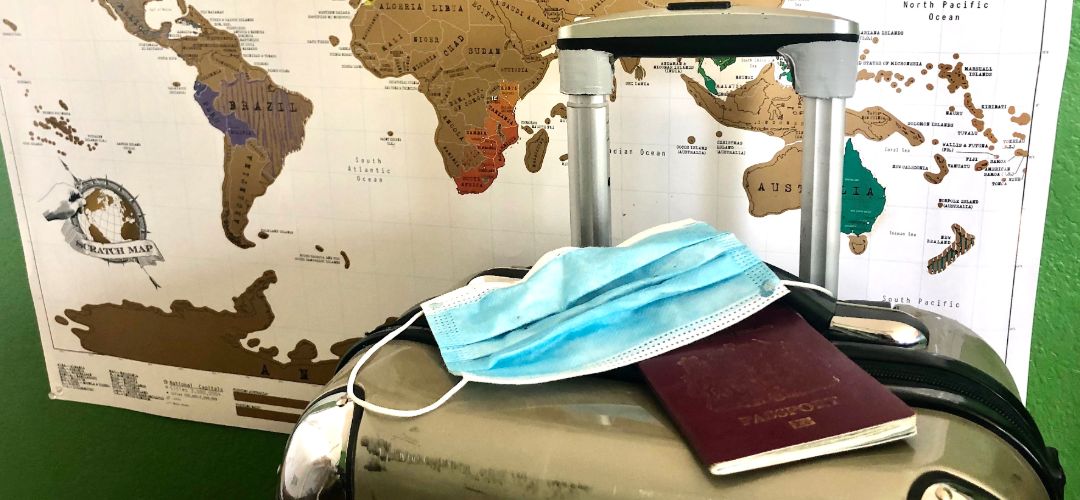
Recent comments